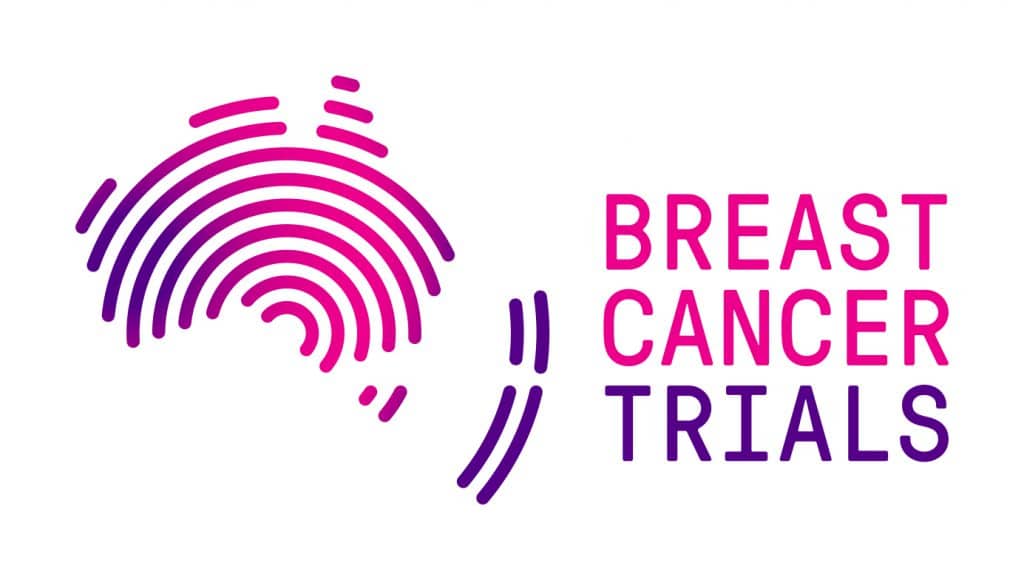Results reported from SOLE clinical trial investigating treatment breaks from letrozole
The SOLE clinical trial was designed to investigate whether taking three-month treatment breaks each year during five years of extended letrozole, would further prevent or delay breast cancer recurrence.
The results of the study were recently reported at the 2017 American Society of Clinical Oncology (ASCO) Annual Meeting in Chicago, USA. The study found that taking three-month breaks during long term aromatase inhibitor treatment did not reduce the risk of recurrence of breast cancer compared with taking the aromatase inhibitor treatment continuously for five years.
SOLE is a phase III randomized clinical trial of continuous vs intermittent letrozole in postmenopausal women who have received four-six years of adjuvant endocrine therapy for lymph node positive early breast cancer. The study was based on laboratory evidence from mice with implanted breast cancer cells that had become resistant to letrozole treatment. Researchers saw a rise in oestrogen levels during a break from letrozole and the breast cancer cells were re-sensitised to letrozole when started after the break.
Patients on the SOLE clinical trial who had received prior adjuvant endocrine treatment for four-six years (an AI, tamoxifen or a sequence) were randomised to either take five years of continuous letrozole or to have a three-month break from letrozole from months nine-12 in years one to four, with a full 12 months in the final year.
The study enrolled almost 4,900 patients from 22 countries worldwide. The trial is led by the International Breast Cancer Study Group in partnership with the Breast International Group and was conducted in Australia and New Zealand by the Australia and New Zealand Breast Cancer Trials Group (ANZBCTG), with 370 women participating in the study. The ANZBCTG Study Chair is Associate Professor Jacquie Chirgwin.
The SOLE study also evaluated quality of life and severity of side effects experienced. Results indicated that there was a consistent pattern favoring the intermittent letrozole administration, with improvements to physical well-being, mood, sleep and hot flushes.
“The findings of the SOLE clinical trial will help clinicians determine the best course of treatment for their patients, while considering their overall health and well-being. It appears from these results that some patients may safely be able to have treatment breaks during extended adjuvant endocrine treatment,” Associate Professor Chirgwin said.
“Treatment on the clinical trial lasted five years and has been completed by all patients. However, we will continue to monitor and follow trial participants for life, to assess the long-term effects of the intermittent treatment strategy. ”
The ANZBCTG is the largest, independent, oncology clinical trials research group in Australia and New Zealand. For almost 40 years, the ANZBCTG has conducted a national clinical trials research program for the treatment, prevention and cure of breast cancer. The ANZBCTG fundraising department if the Breast Cancer Institute of Australia.
For more information please contact:
Anna Fitzgerald, ANZBCTG Communications Manager
Phone: 02 4925 5255 or 0400 304 224
Email: anna.fitzgerald@anzbctg.org
Support Us
Help us to change lives through breast cancer clinical trials research

